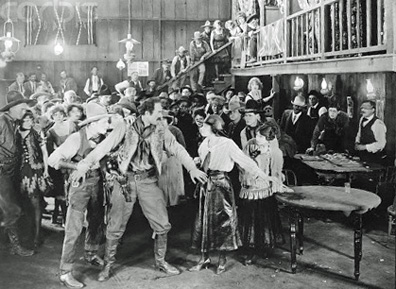
Mr. Artzt, a Texas Farmer, claims that he is about to give up the manufacture of Texas wine for a more profitable endeavor as represented in the March 2, 1882 issue of the Austin American Statesman.
According to Artzt, “My trade is steadily increasing, and now many people who formerly had a very poor opinion of, and in some cases, prejudice for any wine manufactured in Texas, are my best patrons. Many can hardly believe that a Texas grape can be made into so rich and palatable a wine, and all express themselves as well satisfied with a climate and soil so well adapted for wine culture.”
With things going so well, what could be the cause of Mr. Artzt’s concern. Well, like many things in Texas, his concern was for new legislation that was passed on taxation/license on sales of farmer-produced wine. Before this law, a farmer that produced wine could sell as much as he wanted without taxation that was demanded of a dealer of wine. Artzt said, “A few weeks ago our [state] controller came out with the decision that a farmer who makes his own wine and sells it has to pay the same license of $600 per year as a retail dealer in spiritous liquors.” Now, as a result, instead of encouraging home industry and enterprise, which “by perseverance and hard work would succeed”, the Texas legislators were putting the infantile Texas wine industry in the same category as hard liquor thus giving it a distinct tax disadvantage with respect to the beer industry that experienced much lower licensing fees.
According to Artzt, other farmer vignerons intending to come to Texas to grow grapes and produce wine have abandoned their intension of coming to Texas and are now focusing on moving to states where no such “narrowminded laws exist”.
Upon Artzt’s inquiry requesting an opinion from the State Comptroller, it was referred to the Texas State Attorney General who in response wrote:
“I am aware that under my predecessor, your department has held that a farmer that manufactured wines may sell the same by drink without first having taken out a state license, I will say that in my opinion, he cannot.”
In the previous opinion, wine was considered to be a farm product and exempt from the liquor dealer’s license. Under the new ruling, the Attorney General opines that the farmer’s wine may be said to be a farm product but there would be no way to prohibit the sale to “minors, students, or habitual drunkards.” He further stated, “Moreover, when a farmer who has manufactured wines and undertakes to sell them by the drink, his house is liable to become a disorderly house and to be frequented by persons whom the law does not permit to enter such places without subjecting the owner of the house to the payment of damages, secured by his bond.”
I guess from how I understand this issue in light of this 1882 ruling, a winery has been considered the same as a bar for a long time, and it was not just something made up by our governor in the present times of coronavirus.
Be the first to comment